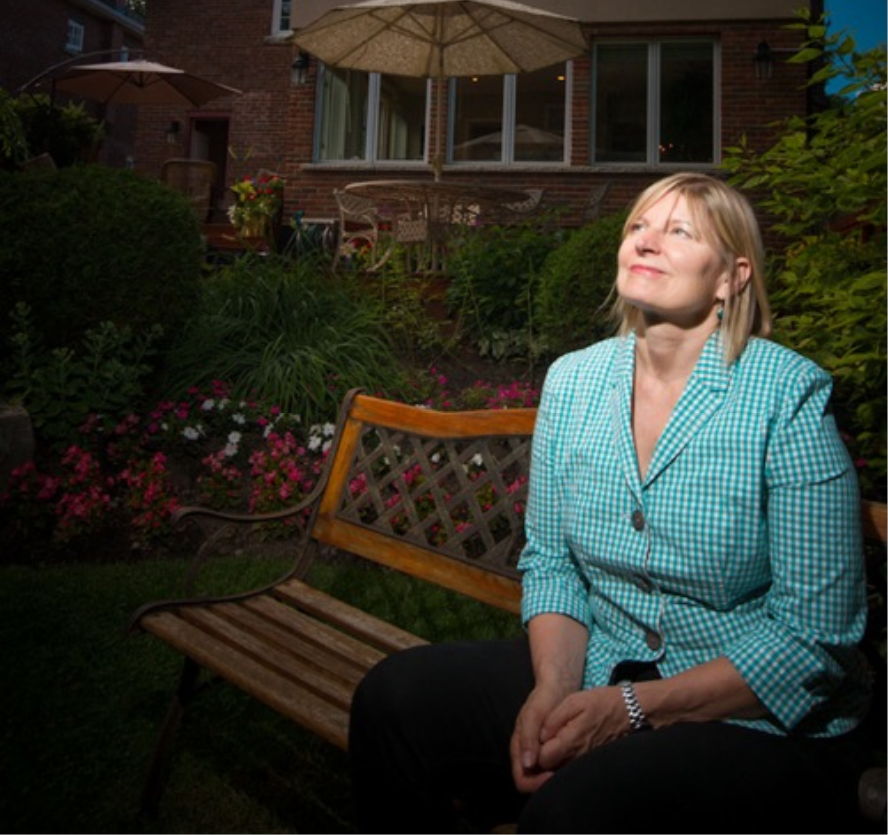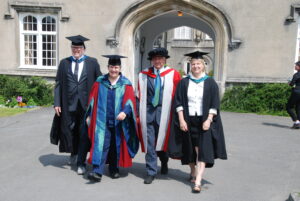This article is courtesy of the Toronto Star: Star-struck: My Adventures in Astrology
The following is Janet Markham’s excerpt from this Toronto Star publication.
“I got to a professional level in my career, but in the astrology world it’s difficult to have an equivalent,” she says. “A master’s degree is recognized, even if it’s in a non-traditional area.”
Her thesis was on the Hopewell tradition, a group of native American populations in what is now the U.S. northeast and Midwest that thrived 2,000 years ago, and whose culture included earthworks and burial mounds. Some say the mounds have a relationship to solstices and other astronomical phenomena. A founding member of the Canadian Association for Astrological Education and an astrology teacher for decades, she was intrigued when the Harvard Business Review published a report called “Market Lunacy” on the work of professors from the University of Michigan and SUNY Buffalo. They tracked 25 stock exchanges over 30 years in the G7 countries and found returns were higher around a new moon and lower around the full moon. “If a full moon brings on depression and pessimism, as legend has it, mightn’t it trigger a gloomy outlook about future cash flows, leading to risk-averse investing and causing stock prices — and returns on investments — to tank?” the Review asked.
Markham wondered, too, about the planetary effects on the financial crisis of 2008, when Pluto, which astronomers have since demoted from its planet status, moved into Capricorn, where it will stay for a long time. That’s an indication of transformation of institutions such as banks and governments, she says. Her master’s degree opened up areas of research, especially in the new field of archeoastronomy, which looks at past beliefs and practices relating to the sky. Listening to Markham explain how she, trained in mathematics, became an astrologer and her preoccupation with our place in the universe brought to mind the William Blake lines, “To see a world in a grain of sand/And a heaven in a wild flower.”
“We look at the planets and try to be precise,” Markham says.
“But is that all there is? NASA says we’re only aware of 5 per cent of observable phenomena in the universe. The universe is at the macro level, but we exist at the micro level. Are there any connections? I think there are.”
And by the way, she asked on the phone after she’d returned from her graduation in Wales, have people told you about mercury retrograde. “It is odd but even people who don’t know much about astrology do know about Mercury retrograde!”
She suggests I speak with one of her student, Carrie Rowan, a 35-year-old businesswoman who is opening an Oakville wellness studio that will offer courses on astrology.
Rowan says she doesn’t hesitate to open conversations with strangers and even everyday exchanges, buying a coffee or getting groceries, by asking “What’s your sign?” People love it, she says. The mother of two has used astrology to determine her compatibility with people she’s thinking about hiring and to time her children’s births. “I wanted my first child to be an Aquarius, and he was,” she says. “He’s amazing.”



